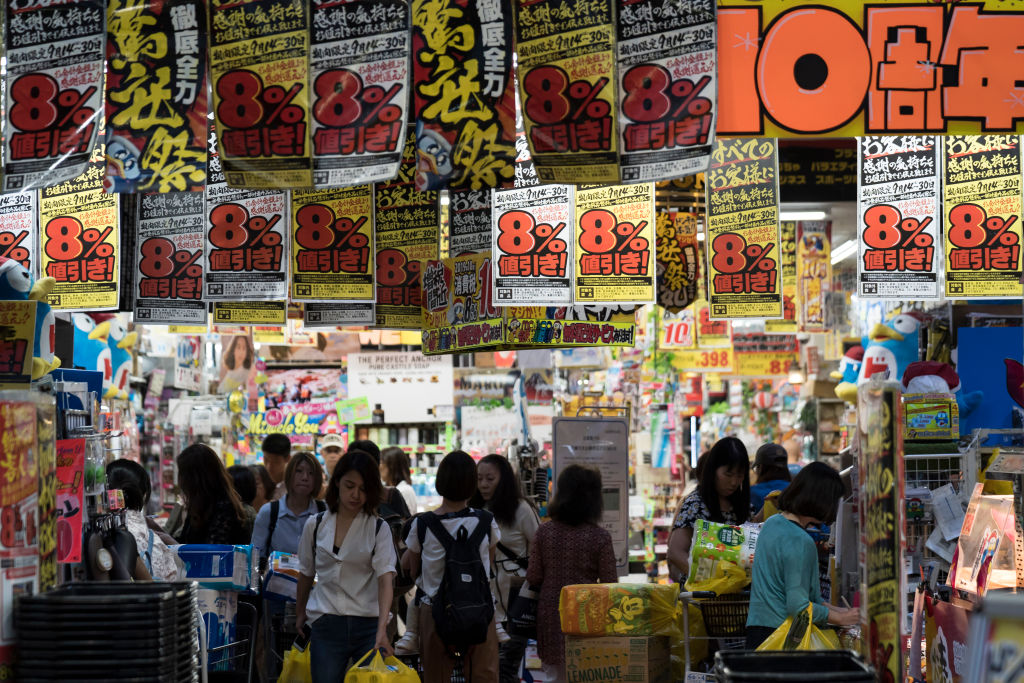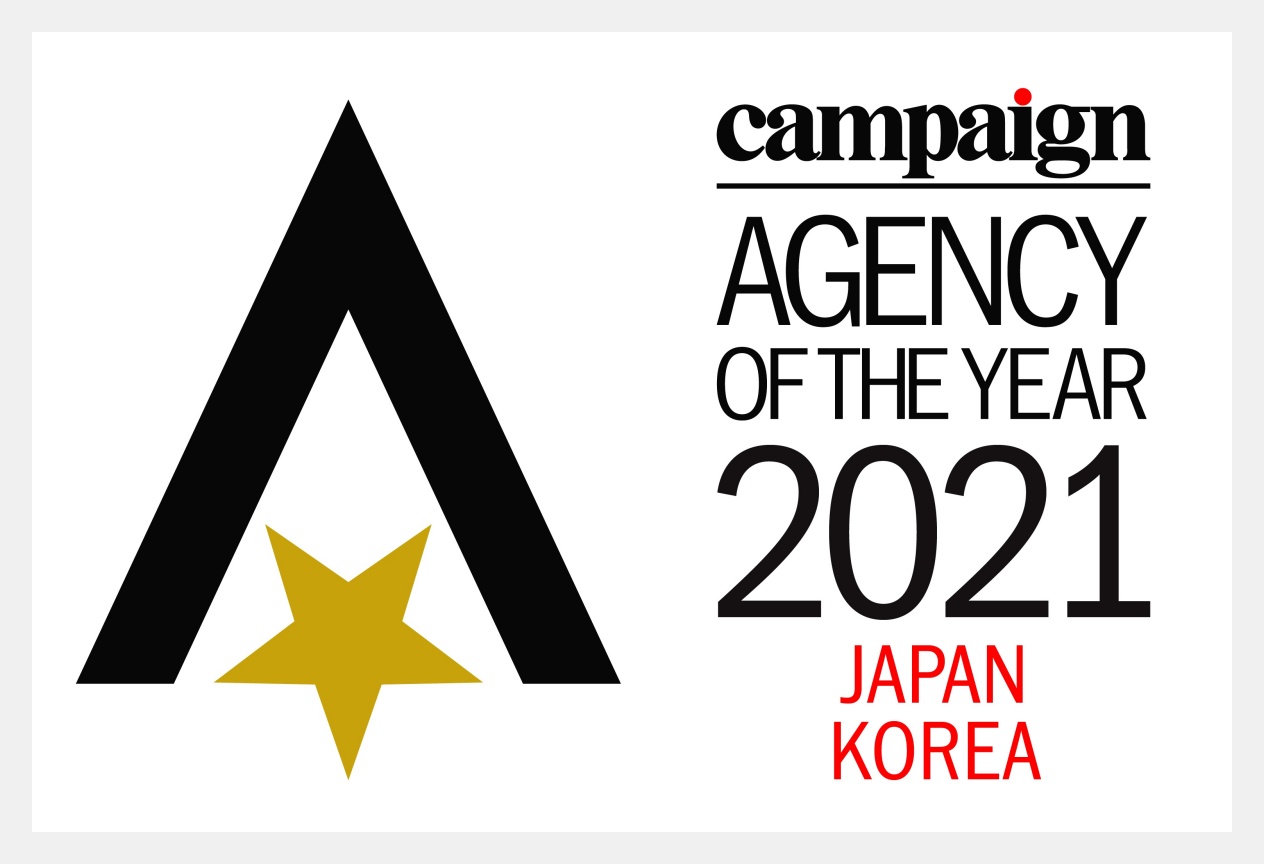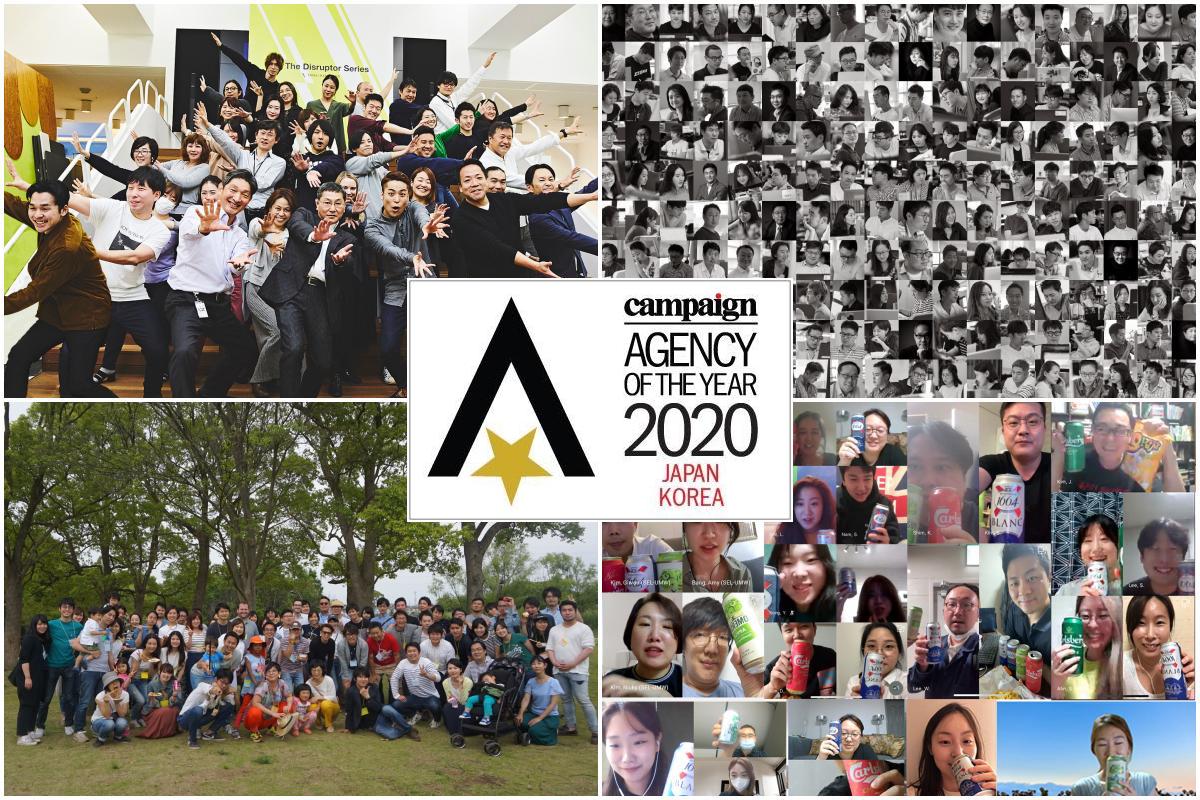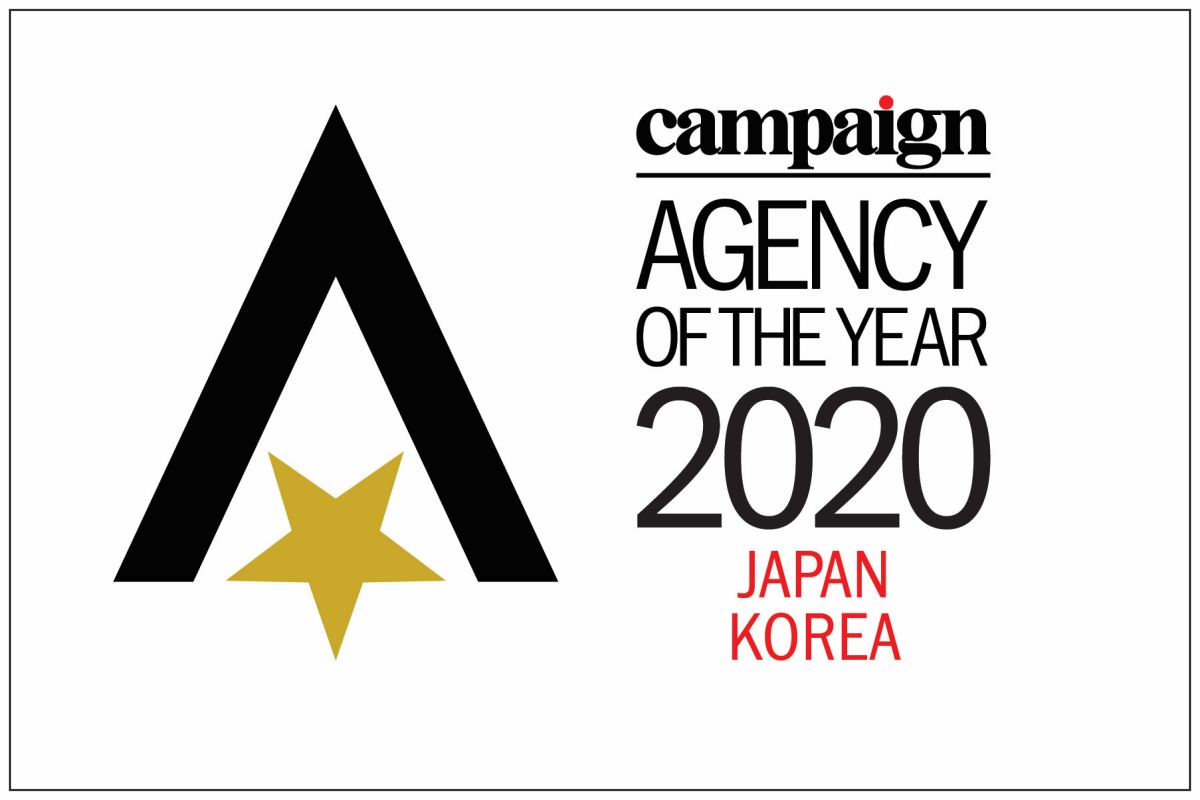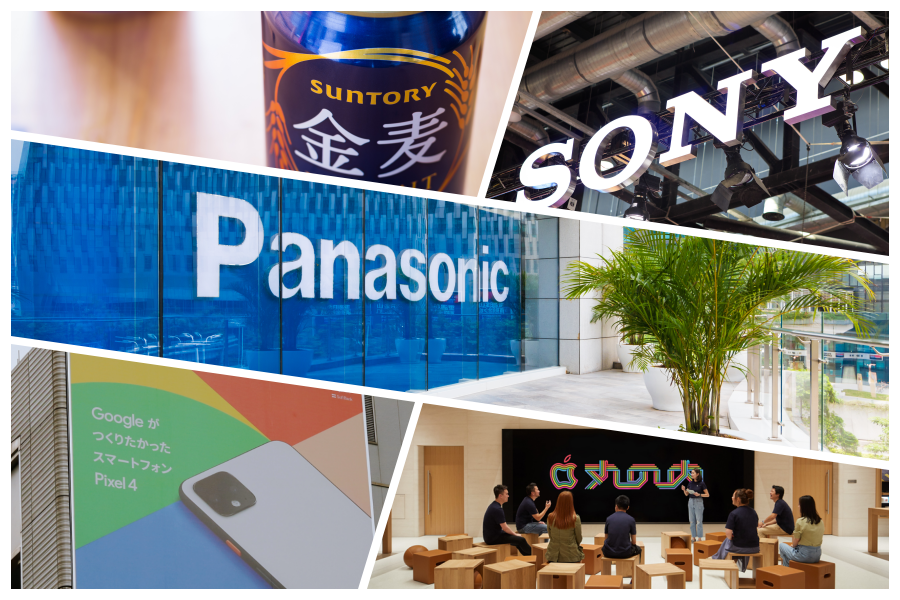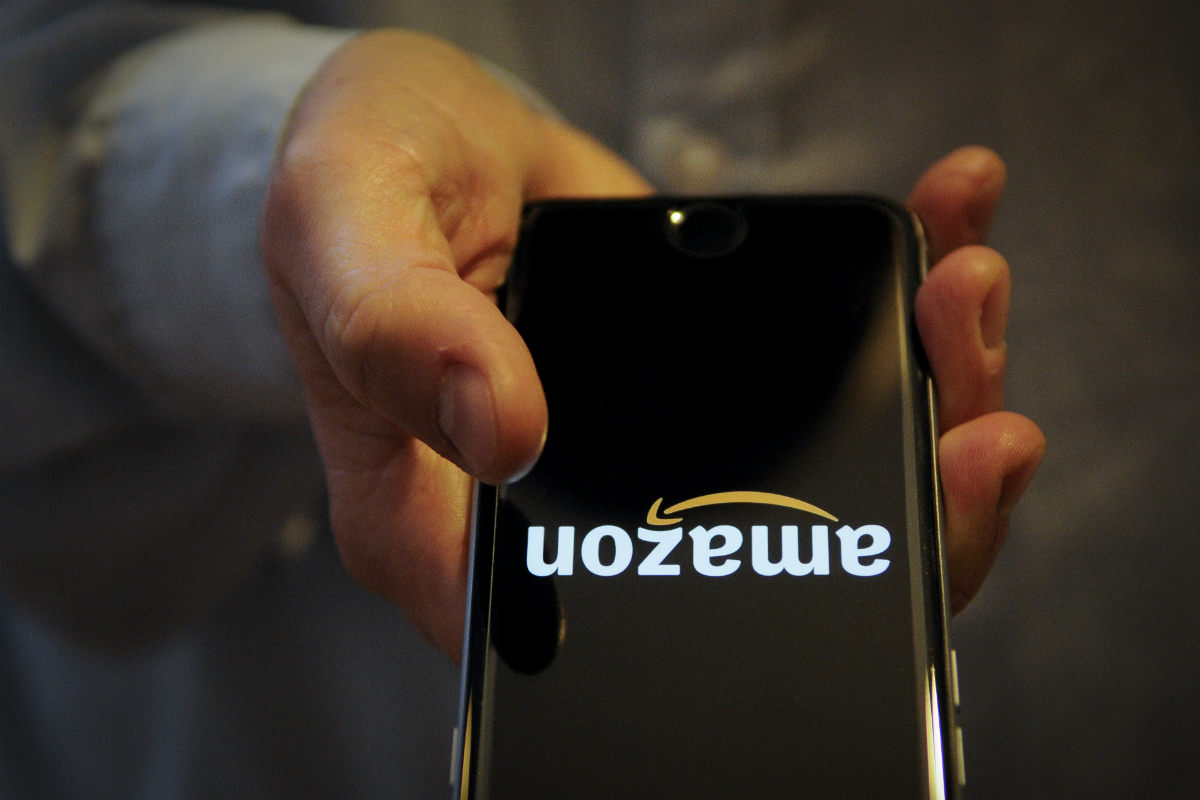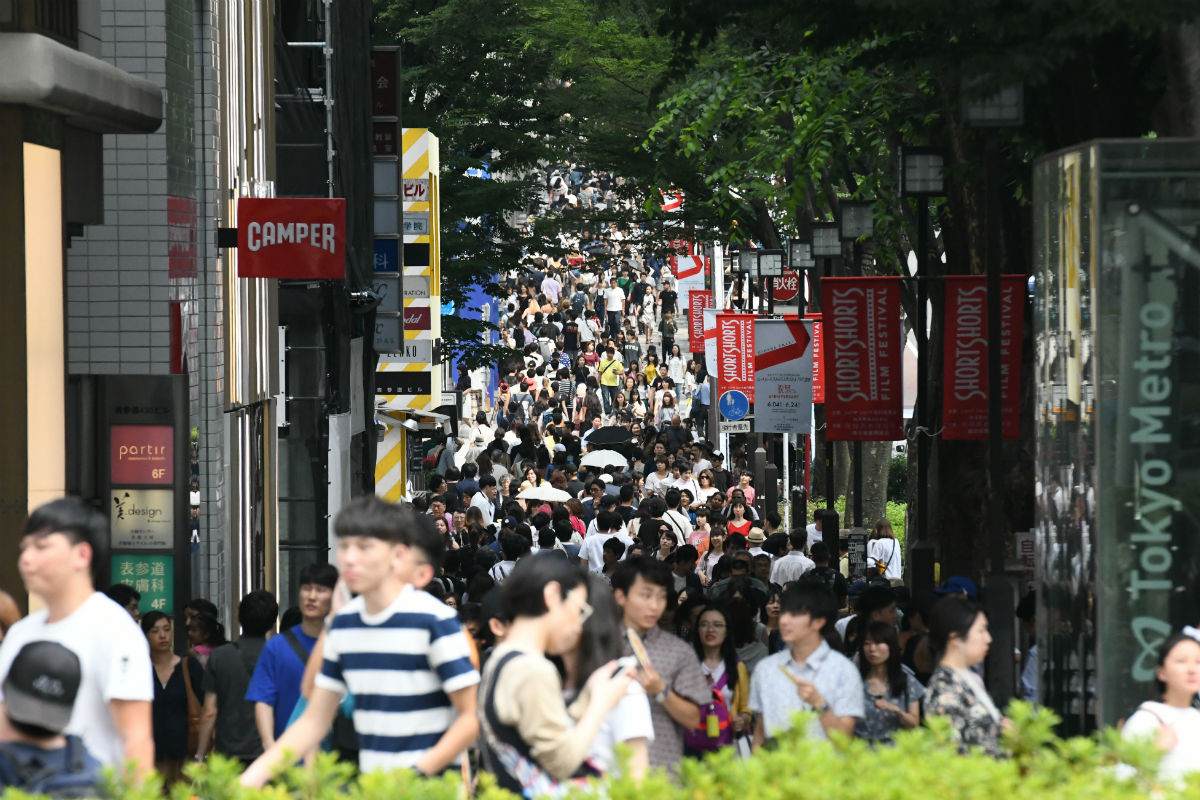 NIELSEN MARKET SNAPSHOT: JAPAN
NIELSEN MARKET SNAPSHOT: JAPAN
Japan’s economy is under recession with economic challenges surmounting on account of the pandemic and the second quarter is expected to be much worse. While in Q1 2020, the GDP numbers continued to remain in negative territory by a 0.6% drop as compared to negative 1.9% GDP in Q4 2019.
In Q2 2020 consumer confidence levels across the globe have taken a hit, amid the rising economic crisis due to covid-19. Japan has recorded highly concerning drop in consumer confidence[1] at 43 in Q2 2020 (75 as at Q1 2020), while Asia Pacific has record 101 CCI index for in the second quarter this year, down 15 points compared to Q4 2019.
Japanese consumers are increasingly concerned about their health, economy and increasing food prices with a majority of consumers (76%) saying that they have altered their spending habits to save on household expenses, according to the CCI survey results. However, in a Nielsen survey[2] it was revealed that amongst 11 Asian markets, only Japanese consumers said they are less likely to change their eating habits and they did not increase food delivery unlike consumers in other Asian markets who preferred this channel after the covid-19 event.
The FMCG sector experienced 6.2%[3] growth in Q1 2020 (vs -1.7% in Q4 2019), post which consumers began to gradually shift to online shopping channels, eating at home and reducing outdoor leisure activities. According to Nielsen survey[4] 76% of Japanese consumers were concerned about the risk of infection in early May as compared to 55% respondents in March 2020.
During March even though consumers were alert, the change in activities in Japan was noticeably different starting May onwards wherein 80% of office goers were working from home. Over half of consumers said they are now being cautious when considering returning to pre-covid level of activities after the ease out of restrictions. The retail market in Japan is shrinking due to the ageing population and economic crisis brought in by covid-19 pandemic, further leading to intensifying competition as shoppers become exceedingly selective for value and services.
Nielsen, in its recent thought leadership study, ‘Covid-19 Future Consequences’, identified that long term structural effects and risks associated with regular employment and income are important factors that will impact consumption circumstances and result in significant basket reforms for constrained spenders. The risk of a second wave of infection from covid-19 could take Japan’s unemployment rate[5] to 4% (3.4% incase of a single wave of infection). In accordance with this, consumers are likely to hold savings dearly and think about how they spend on FMCG specially - either exiting a few categories and also switching to private labels.
FMCG manufacturers and retailers would need to recognize the need to attract consumers and build loyalty programs to survive a highly competitive environment. Creating awareness about the product quality that meets the needs of consumers will be even more crucial as the new normal takes time to emerge.
[1] CCI - Consumer Confidence Index by The Conference Board Global Consumer Confidence Survey conducted in collaboration with Nielsen
[2] Nielsen COVID-19 Report | Nielsen "COVID-19 Where consumers are heading?" Study March 2020
[3] Data Supported by INTAGE
[4] Impact on coronavirus on consumer behaviour | Phase 1 March 2020 | Phase II 30 April - 2 May, 2020 (Sample Size Japan: 526)
[5] Source: OECD (2020) Unemployment forecast indicators. OECD comprises data for 37 member countries

